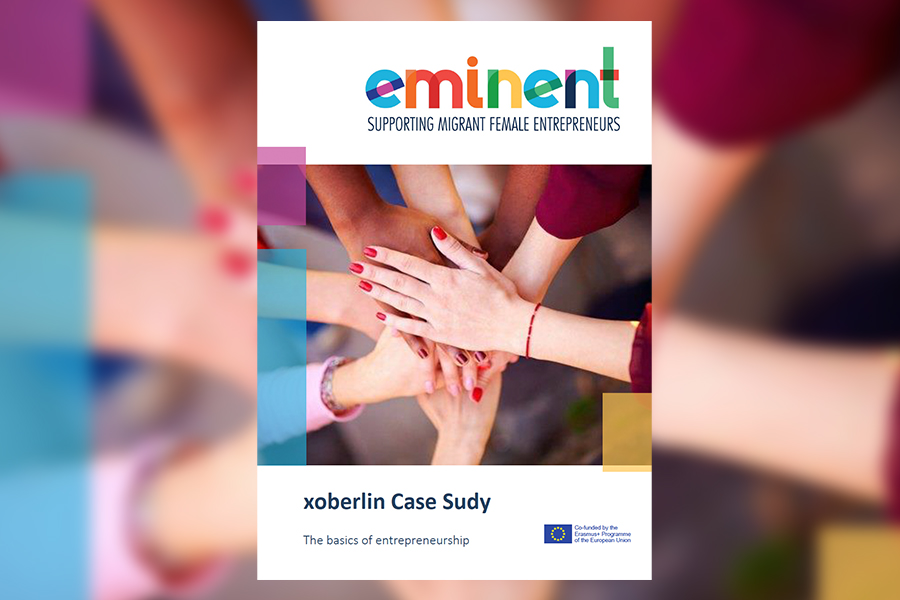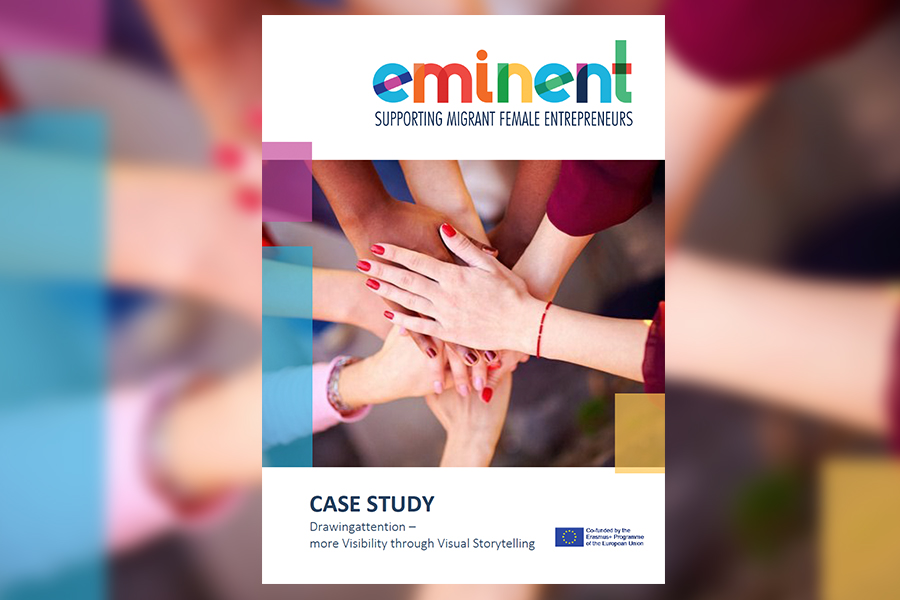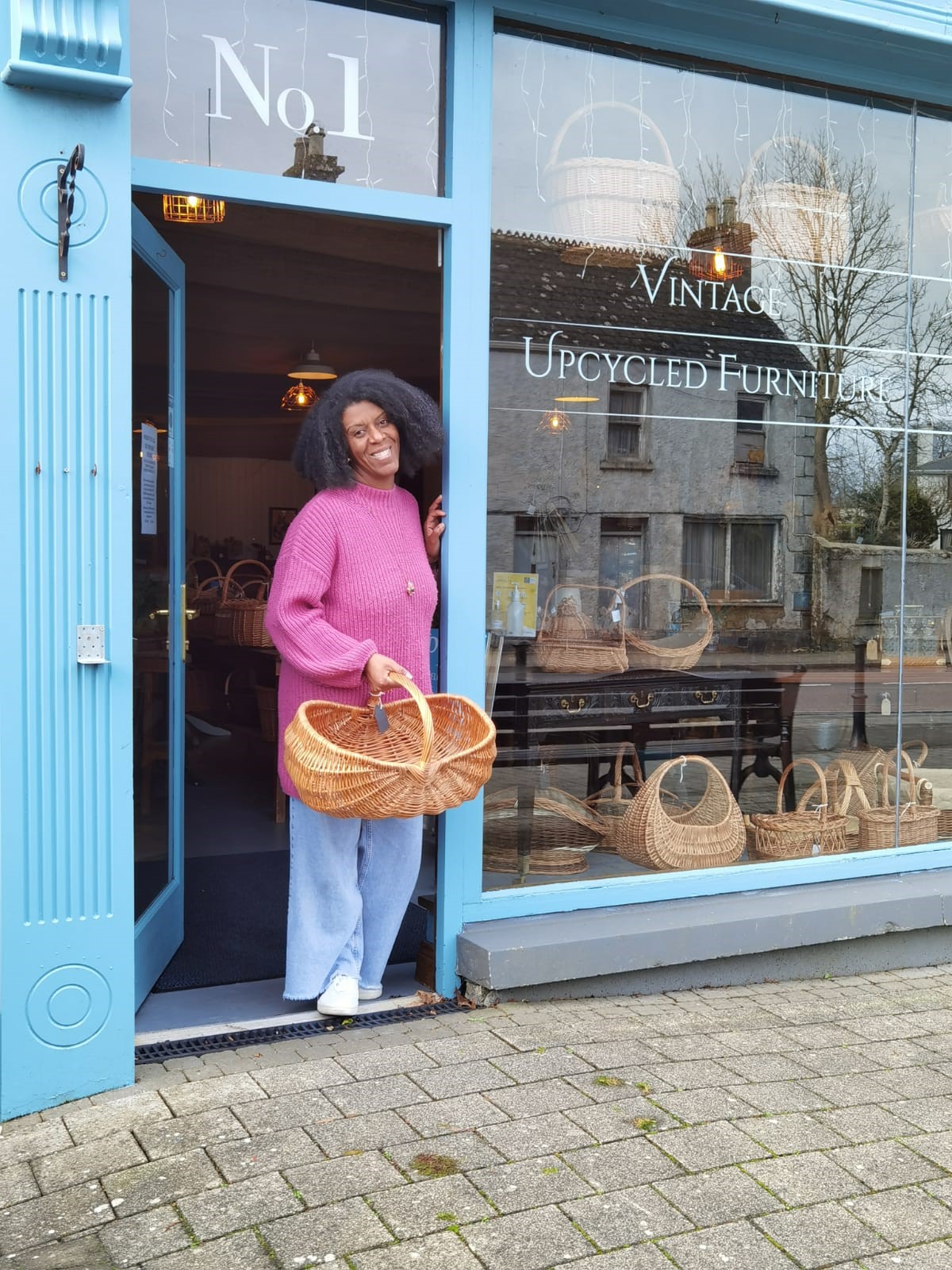Very few SMEs have had any experience with a global pandemic before COVID-19. During the best of times the business environment is unpredictable, but entrepreneurs have learned to manage and adjust to its “normal” variations.
Therefore, it is important to accept that it’s almost impossible to predict how long the uncertainty will last, and things will most likely not go back to what they used to be. The severity of disruptions to businesses, consumers, and governments will make people rethink the way they do business.
In fact, some suggest that this won’t be the only pandemic in our lifetime. This is not a reason to panic. The point is that in the face of the unknown, all we can do is prepare.
Here are a few things that an article from bdc bank have deemed very important on the road to resilience:
- Embrace Digital
From now on, more than ever, adopt digital technologies to transform your business model and operations. This can include creating digital products and services, the use of online platforms to gain efficiencies and create customer value.
Many SMEs rely heavily on manual, paper-based processes. These processes will break when people are not in the same physical space, nor do they scale which also limits the company’s growth potential.
Remote access: As remote work continues, companies need to ensure their infrastructure and systems are set up to enable this in a secure way for employees, customers and partners.
- Diversify products ad supply chains
A very common scenario, especially for SMEs, is being focused on a single product, service or market. This is like a one-legged stool, and it puts a lot of pressure on any business. You should explore what adjacent markets (type of customers or geographies) exist that you could pursue as well as what other products or services your existing customers may need.
- Be agile
In the short term, adjust your operations where possible to meet the urgent and critical needs created by the current crisis. There are many examples of companies that have done this already—distilleries and cosmetic companies are making hand sanitizers, car manufacturers are making ventilators and respirators, and specialized clothing companies are making medical masks, scrubs and gowns. For example, just two weeks after a government call to produce medical equipment, more than 3,000 companies responded.
For more information, follow link to the reference:
https://www.bdc.ca/en/articles-tools/blog/covid19-making-your-business-resilient-pandemic-beyond





